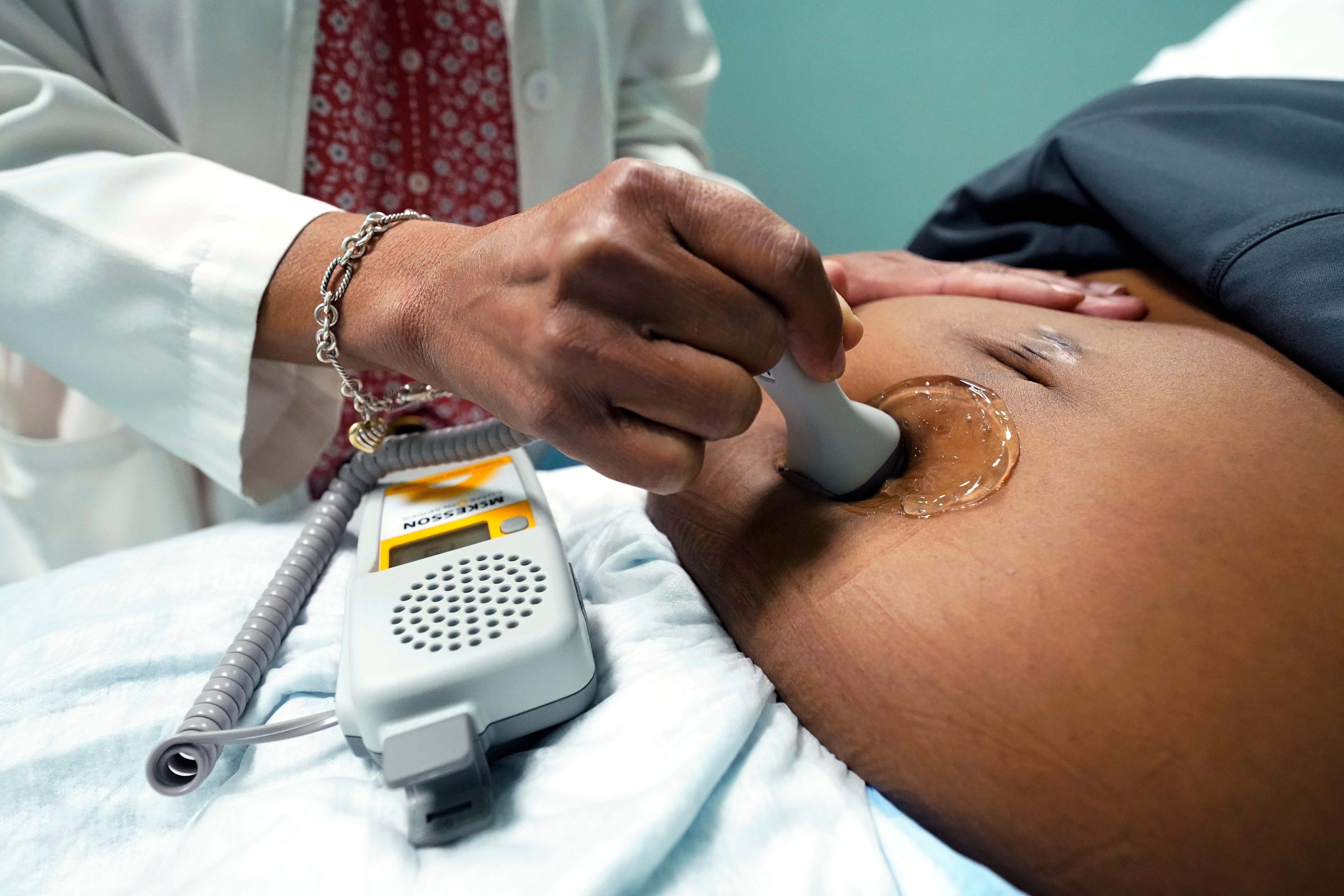The FDA began widening the availability of Mifepristone, one of two drugs that work in unison to terminate a pregnancy, in 2016, when it allowed the medicine to be taken as late as 10 weeks into gestation.
2016 also saw a reduction to the number of appointments with a doctor required to be prescribed the drug from three to one.
In 2021, the agency permanently allowed the pill to be dispensed through the mail after temporarily removing the in-person requirement during the COVID-19 pandemic.
According to a study conducted by the Guttmacher Institute, an organization that supports abortion rights, Medication abortions made up 63% of all abortions in 2023 as procedures also rose following the striking down of Roe in 2022.
But now, the group who filed the original lawsuit challenging those changes, the Alliance for Hippocratic Medicine, says the FDA didn’t conduct adequate testing into Mifepristone’s safety risks when making it available to a wider population – and that they didn’t have legal standing to make those changes in the first place.
Lawyers for the group added that doctors object to both abortions and their "complicity in the process," or prescribing the medication to women post-Dobbs.
They want the court to restrict prescriptions of the drug by making it illegal, as well as immediately ending the 2021 change allowing it to be obtained through the mail and telehealth providers.
Michelle Colon, executive director of the Jackson-based reproductive rights group Sisters Helping Every woman Rise and Organize, or SHERO, says the legal challenge sets a dangerous precedent, even if it’s ultimately not successful.
“Not only would this restrict abortion access in currently unrestricted states because it would make it illegal, but it’s a direct challenge to a government regulation agency,” Colon told MPB News.“They’re basically saying that the FDA was wrong, and how dare they make this conclusion that this medication is safe.”
If struck down, pregnant people even in states with abortion bans who accessed the medicine via mail or telehealth would have that restricted.
In states like Mississippi, where the effort to defeat Roe began and where Mifepristone is already illegal, residents have traveled as far as Illinois or South Florida to visit providers and obtain the prescription before returning home.
Laurie Bertram Roberts, executive director of the Mississippi Reproductive Freedom Fund, says it’s because of that concentrated reliance on the medication in the post-Roe landscape of reproductive health that abortion opponents want the Supreme Court to roll back accessibility.
“The reason they're attacking abortion pills is because they haven't figured out a way to control them. They know people in places like Mississippi, Alabama and the rest of the South are still getting medication abortions, possibly by mail,” she said.
“So the thing is, I don't think we would be here if it wasn't for the fact that a majority of early abortions are done with pills. They wouldn't care if it wasn't the preferred way of having an abortion.”
But the Justices, who make up a 6-3 Conservative majority and struck down Roe less than two years ago, seemed during oral arguments on Tuesday to doubt whether the group challenging the FDA even has the legal standing to do so.
The FDA has also received support from the pharmaceutical industry, who warned that the second-guessing of federal medicinal regulators by untrained third-parties – such as the Justices or plaintiffs themselves – could lead to chaos and stand in the way of innovation.
A ruling in the case is expected by the end of June.



